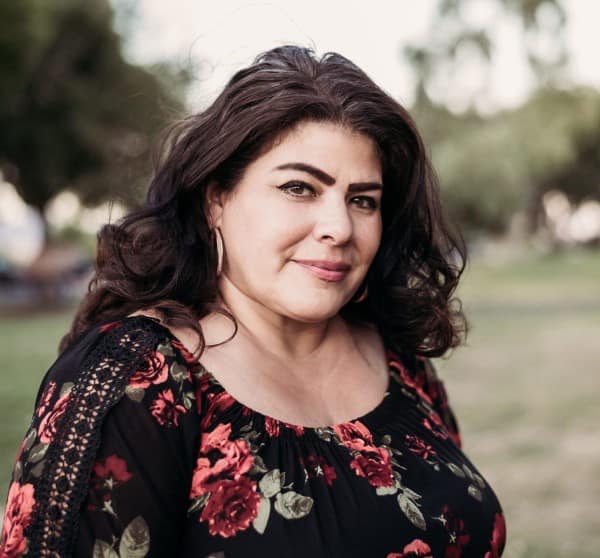Nevada AB 346 passed the state assembly on April 17, 2025, with new amendments that would likely decrease access to the practice of medical aid in dying as it exists in other authorized states. The vote was 23 yea and 19 nay, the exact same vote count as when it passed in 2023. The Governor reiterated on April 4th that he will veto the bill and urged lawmakers not to engage any further on it. The amended bill now moves to the senate committee to determine if it will go to the senate floor where in 2023 it passed with a single deciding vote. (11yea – 10nay). If passed, the legislature would require an additional round of voting with a 2/3rd majority in favor to override a Governor’s veto.
Faced with a terminal diagnosis, people in your state deserve the full range end-of-life care options, including medical aid in dying. Medical aid in dying allows terminally ill adults to get a prescription they can take to end their life peacefully.

The power of personal stories to inspire and drive change is undeniable. Everyone has a story, and we invite you to share yours.
Lynda Brooks-Bracey Died 2-1/2 Weeks After Governor Lombardo Vetoed Bill Lynda Brooks-Bracey, a 57-year-old Las Vegas mom with pancreatic cancer, who used her last months of life to advocate for a Nevada bill that would allow have allowed terminally ill adults the option of medical aid in dying to peacefully end unbearable suffering, has died. Her death…
Murió Lynda Brooks-Bracey, una madre de 57 años de Las Vegas con cáncer de páncreas, quien utilizó sus últimos meses de vida para abogar por una medida de ley en Nevada que permitiría a los adultos con enfermedades terminales, la opción de ayuda médica para morir para terminar pacíficamente con un sufrimiento insoportable. Su muerte ocurrió el 23…
Carson City, Nev. – 5 de junio del 2023) El Gobernador Joe Lombardo decepcionó hoy a los votantes de Nevada al vetar el End of Life Options Act (SB 239) que permitiría a los adultos del estado con enfermedades terminales, la opción de obtener ayuda médica para morir para terminar con un sufrimiento insoportable. Una reciente…
Dying Mom Expresses Deep Disappointment at Governor’s Veto (Carson City, Nev.) Gov. Joe Lombardo failed Nevadans today by vetoing the End of Life Options Act (SB 239) that would allow terminally ill adults in the state to have the option of medical aid in dying to peacefully end unbearable suffering. An overwhelming 82% of Nevadans support medical aid-in-dying legislation….
Medida de Ayuda Médica de Morir es Aprobada por Asamblea de Nevada Una madre de Las Vegas que se está muriendo, así como personas cuyos seres queridos sufrieron innecesariamente antes de morir, elogiaron hoy a la Asamblea de Nevada por aprobar una medida que permitiría la ayuda médica para morir para poner fin pacíficamente al sufrimiento insoportable. La…
A dying Las Vegas mom, advocates with incurable cancer, physicians and families of loved ones who suffered before their deaths are hopeful lawmakers will pass a bill that would allow terminally ill adults the option of medical aid in dying to peacefully end unbearable suffering. The End of Life Options Act (SB 239), sponsored by Sen. Edgar Flores…
Dying Mom, Supporters Urge Governor Lombardo to Sign End of Life Options Act A dying Las Vegas mother, and families of loved ones who suffered needlessly while dying, praised the Nevada Assembly for passing a bill that would allow terminally ill adults the option of medical aid in dying to peacefully end unbearable suffering. The End of Life…
Un récord de 82 % de los votantes de Nevada apoyan una medida de ley que daría a las personas con una enfermedad terminal la opción de ayuda médica para morir para poner fin a su sufrimiento, según una encuesta dada conocer el día de hoy. La publicación de la encuesta es muy importante porque los…
A record 82% of Nevada voters support legislation that would give terminally ill Nevadans the option of medical aid in dying to gently end their suffering, according to a new poll released today. The poll release is timely because the Senate is scheduled to vote on the bill today. Compassion & Choices Action Network sponsored the…
Mail contributions directly to:
Compassion & Choices Gift Processing Center
PO Box 485
Etna, NH 03750